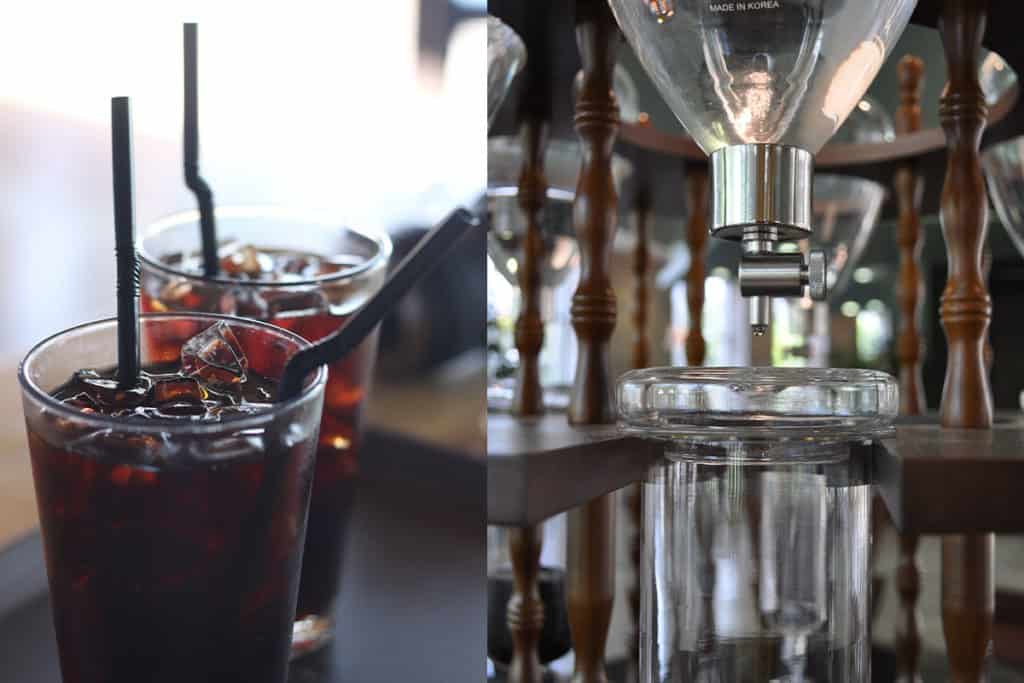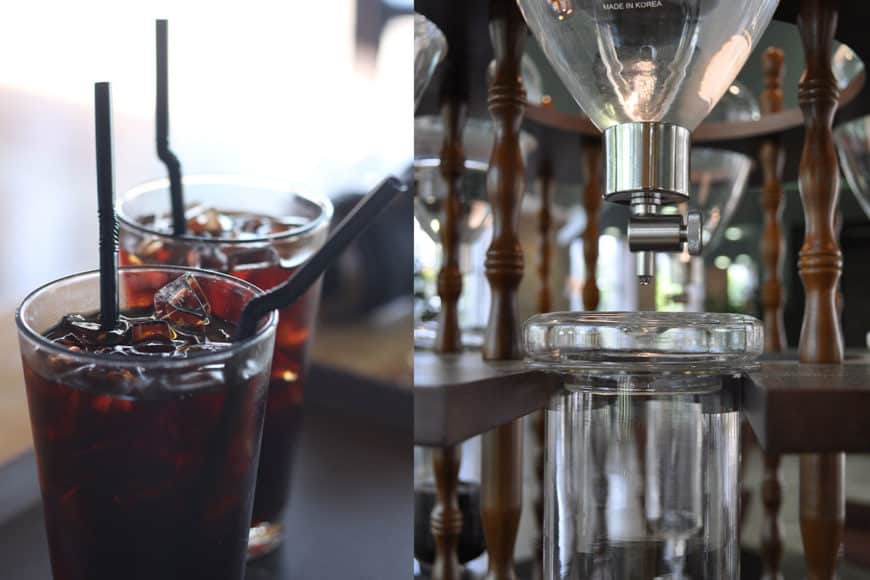
Ever stumbled across “Dutch coffee” and wondered what it’s all about? Maybe you’re picturing a frothy latte in an Amsterdam café or a sleek tower dripping icy coffee. Dutch coffee is both a cultural gem and a unique brewing method, steeped in history and buzzing with modern appeal. Let’s look into its story, explore how it’s made, and see why it’s worth a try for any coffee adventurer.
A Taste of Dutch History
Coffee and the Netherlands go way back, to the days of billowing sails and spice routes. In the 1600s, the Dutch East India Company (VOC) was a global trade titan, and coffee was its golden ticket. Dutch merchants sourced beans from Yemen, planting them in far-off lands like Indonesia and India to feed Europe’s growing coffee craze. Their efforts didn’t just spread beans—they shaped coffee culture worldwide, from Japan to South America.
Here’s a quirky twist: Dutch sailors, stuck on long voyages, couldn’t brew coffee with fire outside the ship’s kitchen. So, they got creative, letting cold water drip through grounds to make a brew that stayed fresh longer. This early cold drip method was a game-changer, especially in the heat of Asian trade routes. It caught on in places like Japan and Korea, where it’s still a specialty today.
Coffee in the Dutch DNA
Fast forward to now, and the Netherlands is a coffee powerhouse. The Dutch sip around 8.3 kilograms of coffee per person yearly, ranking among the world’s top consumers. Coffee here isn’t just a drink—it’s a ritual. Picture small cafés where locals linger over koffie verkeerd, a milky latte that’s like a hug in a cup, often paired with a slice of appelgebak (apple pie). This koffietijd break is sacred, a moment to connect and unwind.
Sustainability is a big deal too. Dutch roasters like Bocca source Fairtrade and organic beans, tracing them from Ethiopian hills to Colombian farms. Whether you’re grabbing a bag from Simon Lévelt or a pod for your machine, quality and ethics come first. It’s coffee with a conscience, brewed to perfection.
Brewing Dutch Coffee: The Cold Drip Magic
What sets Dutch coffee apart for many is its brewing style, known as cold drip or Kyoto-style cold brew. Unlike hot pour-overs or even standard cold brew, this method is pure patience. Ice-cold water drips slowly through finely ground coffee, drop by drop, over 3 to 12 hours. The result? A smooth, concentrated elixir with a fruity zing and low acidity that’s easy on the palate.
Why cold water? It extracts flavors differently, skipping the bitterness and oils that hot water pulls out. Your coffee stays fresh longer, perfect for sipping chilled or mixed with water or milk. In Japan and Korea, baristas treat it like an art form, using glass towers that look like science experiments. Here’s how it stacks up against other methods:
| Brewing Method | Process | Time | Flavor Profile |
|---|---|---|---|
| Cold Drip (Dutch Coffee) | Cold water drips through grounds | 3–12 hours | Smooth, fruity, low acidity |
| Cold Brew | Grounds steep in cold water | 12–24 hours | Bold, slightly earthy |
| Hot Drip | Hot water poured over grounds | 3–5 minutes | Bright, complex |
The catch? You’ll need a cold drip tower, which can be pricey and delicate, with glass parts that demand care. But for coffee geeks, it’s a kitchen showpiece and a conversation starter.
Why Isn’t Dutch Coffee Everywhere?
If Dutch coffee tastes so great, why isn’t it on every corner? For one, the brewing process is slow, making it tricky for cafés churning out lattes by the dozen. Cold drip towers also produce smaller batches than immersion cold brew setups, so commercial demand leans elsewhere. Plus, the equipment isn’t cheap—expect to invest if you want to brew at home.
Still, its charm is undeniable. The flavor is fuller and more nuanced than many brews, with a silky texture that’s hard to beat. It’s also gentler on the stomach, thanks to lower acidity. And while all black coffee is virtually calorie-free, Dutch coffee’s clean profile feels like a treat without the guilt.
The Modern Dutch Coffee Scene
Today, Dutch coffee is having a moment, not just in Asia’s hip cafés but closer to home too. In the Netherlands, specialty shops serve cold drip alongside pour-overs, while roasters innovate with sustainable blends. Brands like Douwe Egberts keep grocery shelves stocked, but smaller players like Wakuli deliver farm-fresh beans online. Even tech is in on it—Nestlé’s paper-based pods are a nod to eco-friendly brewing.
Globally, Dutch coffee’s cold drip roots are inspiring baristas to experiment, blending tradition with flair. It’s not just a brew; it’s a vibe, connecting centuries-old ingenuity with today’s coffee obsession.
Clearing the Air
One quick note: Dutch coffee isn’t Dutch Bros, the American chain with sugary blends. Nor is it tied to Amsterdam’s “coffee shops,” which sell something else entirely. It’s about craftsmanship—whether that’s a sailor’s cold drip or a barista’s pour.
Your Dutch Coffee Adventure
Dutch coffee is more than a drink; it’s a journey through history, culture, and flavor. From the VOC’s trade routes to your kitchen counter, it’s a reminder of how coffee brings us together. Ready to try it? Hunt down a café serving cold drip or splurge on a tower to brew your own. Either way, you’re in for a treat that’s worth the wait.
Got a Dutch coffee story or tip? Share it in the comments—we’d love to hear what you think!

